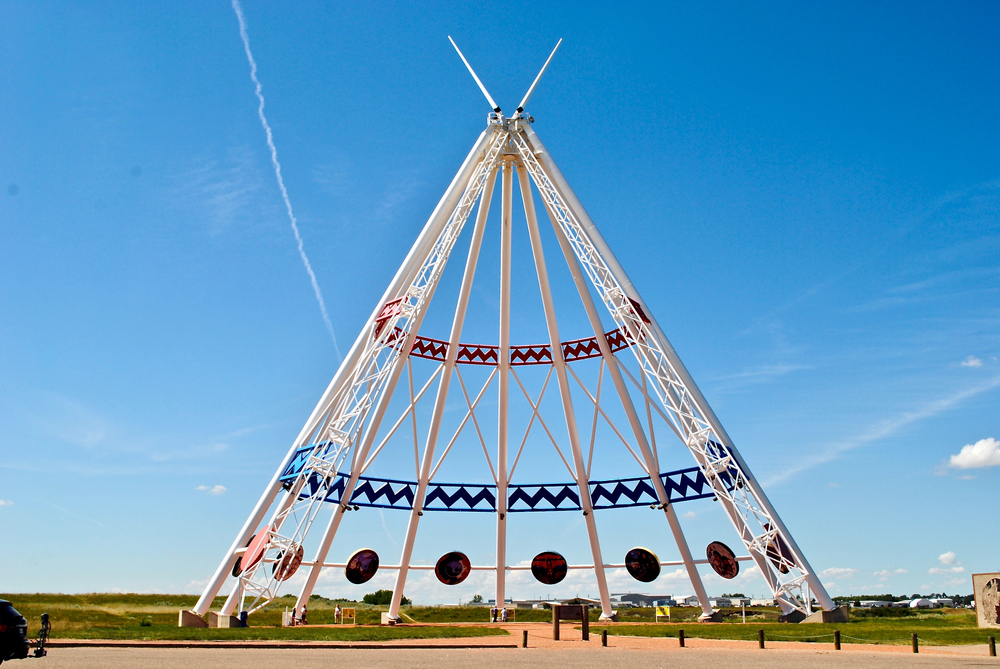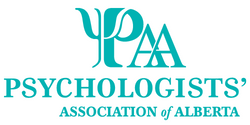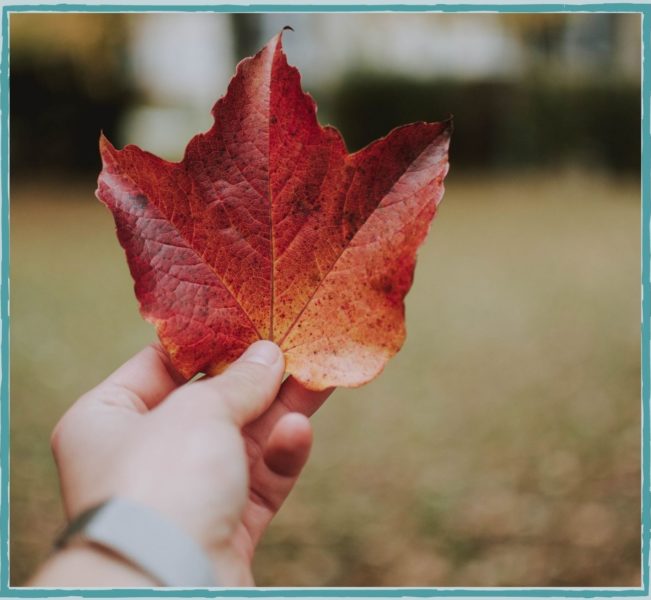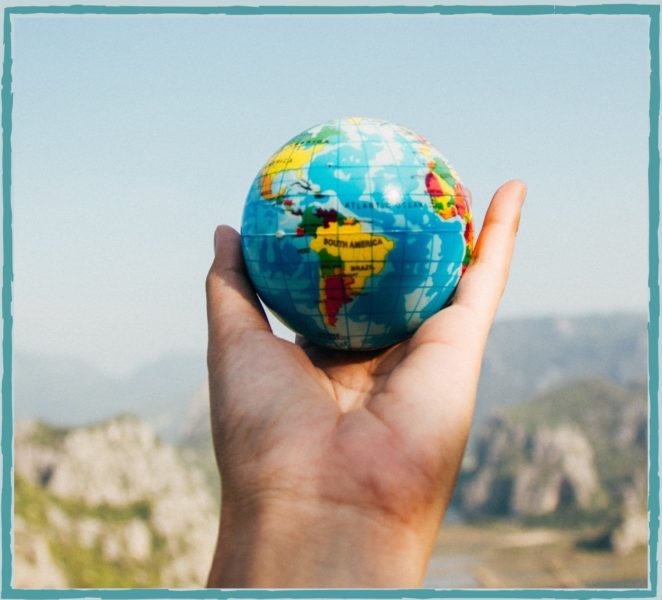Indigenous Resources
 The following resources are not an exclusive list but rather a selection of resources to help you to learn more about how to respect and honour Indigenous ways of knowing and Indigenous approaches to wellness & healing.
The following resources are not an exclusive list but rather a selection of resources to help you to learn more about how to respect and honour Indigenous ways of knowing and Indigenous approaches to wellness & healing.
These educational resources were vetted and are provided to the benefit of Albertan psychologists in practice, psychologists in training, and those considering the field of psychology, especially our future Indigenous psychologists.
We recognize and acknowledge the need for pathways to increase our honour and respect for Indigenous knowledge and Indigenous approaches to wellness and healing in psychology. As the late Elder George Bretton said, “it is our job to learn, not the client’s job to teach.” Resources such as these help each of us to learn more, acknowledge our implicit cultural biases, and increase the effectiveness of the work we do. “Psychologists in practice should consider experiential on-land experiences and reaching out to ….gain cultural literacy. Members of the profession should be cognizant of the possibility of overburdening communities in their requests (CPA, 2018).” There are resources and teachers within First Nations and Metis Communities as well as in urban settings such as Friendship Centres. Also, some communities have cultural centres and Elders groups available as resources.
Online training or in-person approaches may be used for Indigenous cultural literacy for psychologists. Psychologists in practice should consider experiential on-land experiences and reaching out to Friendship Centres and Indigenous treatment centres to gain cultural literacy. Members of the profession should be cognizant of the possibility of overburdening communities in their requests (CPA, 2018).
Want to learn more? There are educational resources to make your learning journey easier. These, presented here, are provided to the benefit of:
- Those Albertan’s considering the field of psychology, especially our future Indigenous psychologists & psychology students
- Alberta’s psychologists in practice and in training.
Members wishing to access this service should contact the PAA office:
Phone: (780) 424-0294
Toll-Free: +1 (888) 424-0297
E-mail: paa@paa-ab.ca
Read more about Truth & Reconciliation here.
Considering Psychology as a Field of Study & Practice?
We acknowledge the need to reduce barriers for Indigenous students in studying psychology and for all future psychologists to respect and honour Indigenous ways of knowing and Indigenous approaches to wellness and healing.
Much Indigenous healing knowledge is contained within the language and linguistic concepts that are already in jeopardy of being lost. Indigenous psychology and approaches to health and mental health are intimately related to Indigenous culture, including the importance of preserving language and recording the linguistic knowledge of Elders and healers. The Canadian Psychological Association’s (2018) national task force recommends that the profession of psychology advocate for educational initiatives devoted to the preservation of Indigenous languages.
Psychology Students
Undergraduate psychology students should have access to a course on Indigenous cultural literacy. Indigenous cultural literacy courses should be separate from cultural diversity courses as these are two entirely separate realms of knowledge. The CPA (2018) suggests that:
The focus of the Indigenous cultural literacy course should be on the impacts of colonial history, including Canada’s longstanding policies toward Indigenous Peoples, the residential school system and inter-generational trauma, the understanding that we are guests on Indigenous territory and therefore have an additional responsibility to respect those ways of knowing, a survey of Indigenous knowledge, Indigenous psychology, and cultural allyship.
Graduates of psychology programs should be able to demonstrate Indigenous cultural literacy, engage in discussion about the value of Indigenous traditional knowledge, and understand how psychologists can balance it with Western or popular current practice. The profession of psychology has an obligation to teach principles of social justice and Indigenous cultural literacy to psychology students. Indigenous knowledge and cultural literacy should be core competencies for all psychologists.
There is a need for a doctoral program in clinical psychology that integrates Indigenous mental health and knowledge. Instructors teaching cultural literacy in university psychology programs should be trained in Indigenous pedagogy; however, not all instructors in the graduate training of psychologists regarding Indigenous knowledge and cultural competence need to be Indigenous. Programs can partner culturally competent instructors with Indigenous leaders, Elders, and respected members of the community. We need to be cautious in inviting youth to leave their communities and cultures. Students need to support anywhere possible, and education within communities is preferable (CPA, 2018).
Professional Practice Resources for Alberta Psychologists
Below is a map of resources broken out by Northeast, Northwest, Edmonton, Calgary, and Southern sections of Alberta
Hold your mouse cursor or click on the picture of Alberta to see the resources below
- 1. Aboriginal Health Major – focus for students to seek careers in health promotion & disease prevention, program & policy development, evaluation, cultural broker/health advocacy & wellness counselling.
- 2. Addiction Counselling – has two courses specifically addressing the Indigenous population. First Nations Counselling – a counselling course that looks at mainstream counselling as well as traditional counselling approaches & Addiction Counselling – Diversity & Counselling: Cross Cultural perspectives & culturally appropriate programs for eating disorders, gambling and substance abuse
- 1. Master of Counselling - Applied Psychology – This program geared for working professionals which includes course work, practicum and a project. It means the criteria for students to qualify and apply to become a Canadian Certified Counsellor and or become a Registered Psychologist. This program is a blend of online courses and onsite face to face contact. Program includes courses such as • CAAP 6607 - Counselling Diverse Clients and Culture • CAAP 6615 – Counselling Strategies and Intervention
- 2. Master of Education – Counselling Psychology –program fulltime program which allows graduating students to apply and qualify for the Canadian Certified Counsellor or a Registered Psychologist. This program entails course work, practicum and a culminating activity which may include a thesis, project or capstone. • Ed 5622 – Diversity & Culture – multicultural competence
- University of Lethbridge offers an Elder Support Program for students, faculty and staff to use. Resident local Elders from Kainai are available 1 day/week
- Indigenous Students Affairs – provides support and a referral network to First Nations/Indigenous students
- Faculty of Health Sciences notes and speaks to the Call to Action #7 of the TRC report of students who self-identify as FNMI will get special consideration upon application.
- FNMI Transition Program – 8-month program for FNMI students who have not met the full requirements needed for general admission into university and provides courses to help students transition in the regular university programs
- Addiction counselling program within Health Sciences have hired someone who will be developing a Land based program, but the individual hired is not from Kainai.
Werklund School of Education Indigenous Education Task Force Recommendations and Report Recommendations to the Werklund School of Education on their future development with regard to Indigenous Education, and also to recommend how to productively align with, support, partner with and/or lead outside the School in areas/activities related to Indigenous Education.”
Mount Royal UniversityThe Iniskim Centre The Iniskim Centre, located at Mount Royal University, offers programs and services to increase the engagement 11and success of Indigenous students while also raising awareness of distinct Indigenous cultures, history and protocols across the University. Students are offered a place and the resources to smudge each morning and various ceremonies are hosted throughout the year.
Mount Royal University’s Medicine Trail ProgramThe Medicine Trail Program provides cultural support to staff and students of the Iniskim Centre and throughout Mount Royal University Campus. Visiting the Medicine Trail Coordinator offers an opportunity to be a part of small and large group cultural teachings, or seek individualized support and guidance.
Lumi Calgary Public Library- Indigenous ResourcesEngaging with resources that reflect Indigenous worldview builds bridges of understanding and promotes recognition and respect of the diversity of all Indigenous Peoples of Canada. This page offers book lists from Indigenous authors and a way to connect with Elders from different nations through the Elders Guidance Circle. Anyone is welcome to visit the elders, who can provide education, storytelling, and a spiritual component to programs and services, including ceremony and smudges.
Aboriginal Teacher Education Program ATEP is an elementary off-campus community based collaborative cohort program, designed to improve the educational success of Aboriginal children by increasing the number of Aboriginal teachers with an understanding of Aboriginal perspectives in communities in Northern Alberta.
Indigenous Community-Industry RelationsThis program will be of value to anyone who is interested in or responsible for relationship building and engagement with First Nations, Métis, and Inuit people, particularly those in government, industry, education, healthcare, justice, law enforcement, and children's services. This program requires 2-4 years of part-time study.
Indigenous Community Engagement CitationThis program will be of value to anyone who is interested in or responsible for relationship building and engagement with First Nations, Métis, and Inuit people, particularly those in government, industry, education, healthcare, justice, law enforcement, and children's services. This program requires 1-2 years of part-time study.
University of Alberta Admission of Aboriginal ApplicantsThis link shows the general statement for admission of Aboriginal Application at the University of Alberta
Yellowhead tribal College“Offers accredited programs that provide you with the skills and credentials needed to achieve your career goals or continue your educational journey. At YTC, students are provided with a unique educational experience as they gain knowledge through Indigenous teaching methods.”
McEwan University“Guided by Indigenous knowledge keepers and community Elders, you learn about Indigenous worldviews, healing practices and oral traditions. We recognize that Indigenous ways of knowing, being and doing will help you meet your academic and personal goals.”
Concordia University “The Indigenous Knowledge and Research Centre (IKRC) was launched in 2018 and aims to be a home away from home for Indigenous students, where they can connect, share, seek out support and contribute to a community.”
Edmonton educational resources:Native Counselling Services of Alberta – Residential School and Historic Survivor Resources provides information intended to help victims of historic trauma and residential schools in Canada find healing.
The University nuhelot’įne thaiyots’į nistameyimâkanak Blue Quills iyiniw pimâtisiwin kiskeyihtamowin Doctoral Program “is an act of sovereignty — our ancestors took over this school with the firm conviction that we can do this for ourselves, that we have a responsibility for the education of our people and for the preserv7-ation of our knowledge and life-ways. Graduates have been acknowledged and accepted to teach at major public universities.”
BA in Indigenous Psychology- Blue Quills UniversityIndigenous Sovereignty “accreditation has allowed BQFNC (now UNBQ) to retain the integrity to the protection of our Treaty Rights. The message that we believe in ourselves is an inspiration to our children and grandchildren, and something we can leave to those who will come after us.”
Training includes: Cultural Sensitivity “The University nuhelot’įne thaiyots’į nistameyimâkanak Blue Quills team has developed cultural sensitivity training that is research based and delivered in a manner that celebrates and honors workplace diversity.” Facilitating Circles “Circles are the foundation of all restorative practices… and are finding contemporary application in a wide range of settings, both formal and informal. This experiential workshop is an introduction to circle elements and protocols and provides the learner with knowledge about the facilitation skills required to achieve best outcomes.” Family Group Conference “This workshop provides individuals with foundational knowledge and basic skills for facilitating restorative circles as well as practice in Family Group Conferences.” Restoring Balance A Wellness Journey “This provides the learner with excellent holistically based teachings for the lifelong wellness journey.” Resource centre: provides publications from University nuhelot’įne thaiyots’į nistameyimâkanak Blue Quills and its partners and other usable material online Links to Elders and PublicationsSeven Sacred Teachings The Seven Sacred Teachings are a set of teachings on human conduct towards others. They are what was traditionally and still is to this day needed in order for communities to survive.
Experiential Learning
University Of Alberta • Indigenous Canada
Indigenous Canada is a Massive Open Online Course (MOOC) from the Faculty of Native Studies that explores Indigenous histories and contemporary issues in Canada.
From an Indigenous perspective, this course explores key issues facing Indigenous Peoples today from a historical and critical perspective highlighting national and local Indigenous-settler relations.
Athabasca University • Nukskahtowin Meeting Place
“The Centre for World Indigenous Knowledge and Research would like to welcome you to our virtual home on the web. We are a Centre that exists within Athabasca University to address and achieve the following goals:
1. Meet the academic needs of Indigenous students, scholars, nations, communities, institutions, and organizations
2. Improve the development and delivery of Indigenous Education at Athabasca University
3. Strengthen the research undertaken for, by, and about First Nations, Metis, and Inuit people at Athabasca University
4. Acknowledge and develop the role of traditional knowledge in academic settings
5. Support, protect, and preserve Indigenous knowledge, education, and oral traditions”
Resources about Indigenous Peoples and Distance Education are available through Athabasca University.
By following this link and creating an account, you can get access to stories told by Elders, like movies. The bannock you will have to bake yourself.
Centre for World Indigenous Knowledge and Research: Athabasca University provides links to hundreds of sources on law, government, and other topics related to Indigenous people.
More Resources:
Beyond 94: Truth and Reconciliation in Canada: Beyond 94 is an overview of the Truth and Reconciliation Commission (TRC) in Canada, which was formed as a means of reckoning with the devastating legacy of forced assimilation and abuse left by the residential school system. This interactive site measures the progress of the TRC Final Report’s 94 Calls to Action that are meant to guide the road to reconciliation.
Native Memory Project: Lays out cultural narratives, histories, and traditions, as told by Indigenous communities, which are often meant to be passed down from one generation to the next either in formal educational settings or informally through close or extended family and community ties.
The GP Friendship Centre: offers cultural teaching events throughout the year.
Watch:
Kainai Iinnii Rematriation Project: https://youtu.be/ty3nG9fLRfo
Aohkiiyi – Cultural Connection to Water by Kainai First Nation: https://youtu.be/CGgrd7z9aak
Four Seasons of Reconciliations – free course offered by RBC: https://www.reconciliationeducation.ca/rbc
Attend museums and living museums. Examples include:
- SLCN: Museum (saddlelakecreenation.ca)
- Métis Crossing – Our Distinct Indigenous Story
- Head-Smashed-In Buffalo Jump World Heritage Site | Head-Smashed-In Buffalo Jump
- Hudson’s Bay Company Fur Trading Fort | Heritage Park
- Native Cultural Arts Museum: Northern Lakes College
- St. Paul des Métis | St. Paul Museum
- Galt Museum & Archives
- What’s in the Collection? | Glenbow Museum
Consider booking a private tour to learn more.
Consider planning travel to coincide with learning. Examples are available at:
Do self-study with Alberta-based resources such as:
- Métis History Review- St. Paul des Métis: The First Métis Colony by Sawchuk et al., 1981 | Reconciliation St. Paul (wordpress.com)
- Restoring the History of St. Paul des Métis: Understanding Métis Perspectives (Paperback): Anacker, Caleb, Fontaine, Tanya, Tucker, Megan, Lamoureux, Pierre, Nzonji, Goddy, Missal, Roy: Amazon.ca
- Engage with online teachings such as elder services | maskihkiy wellness
- Connect through Facebook
- Land-Based Mental Health – Full Report 2021
- Land-Based Mental Health – Report Condensed


